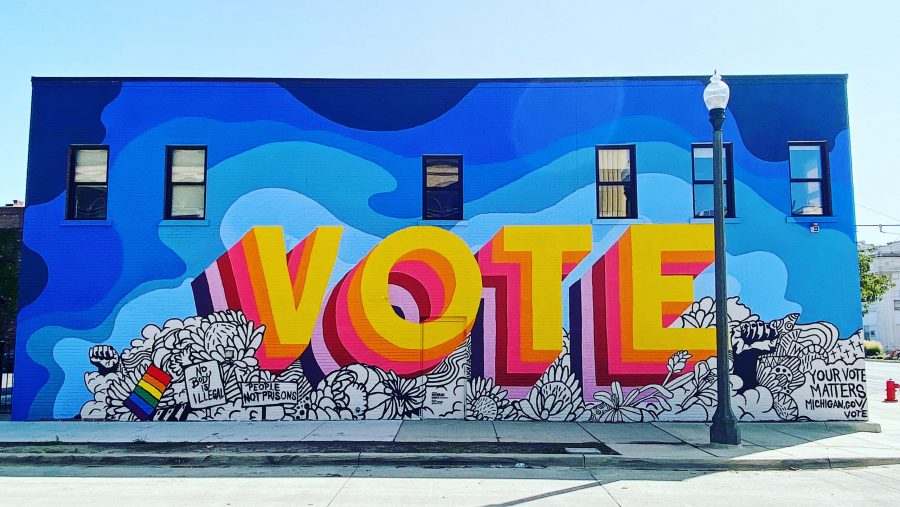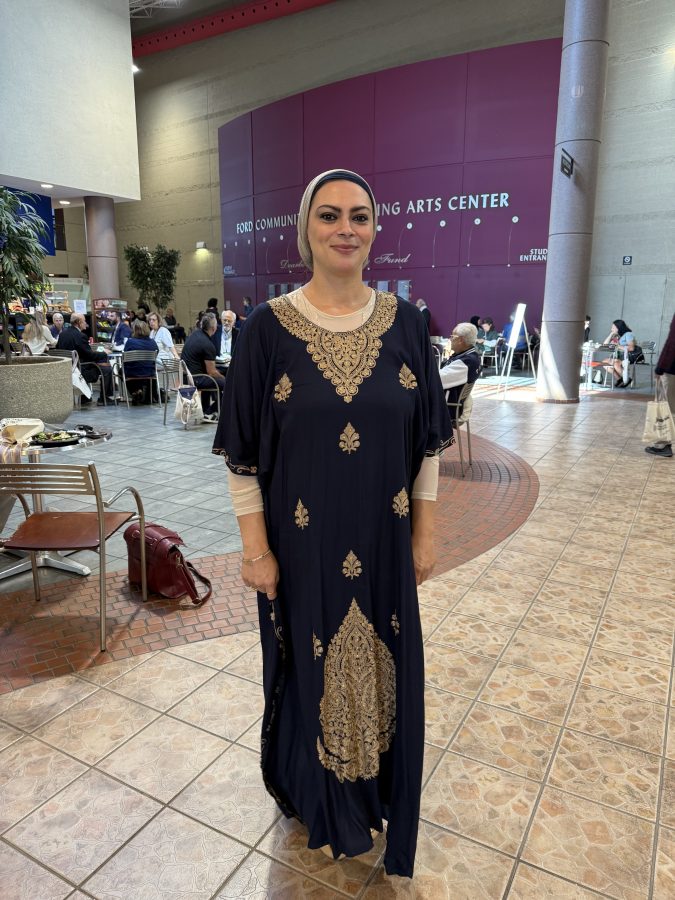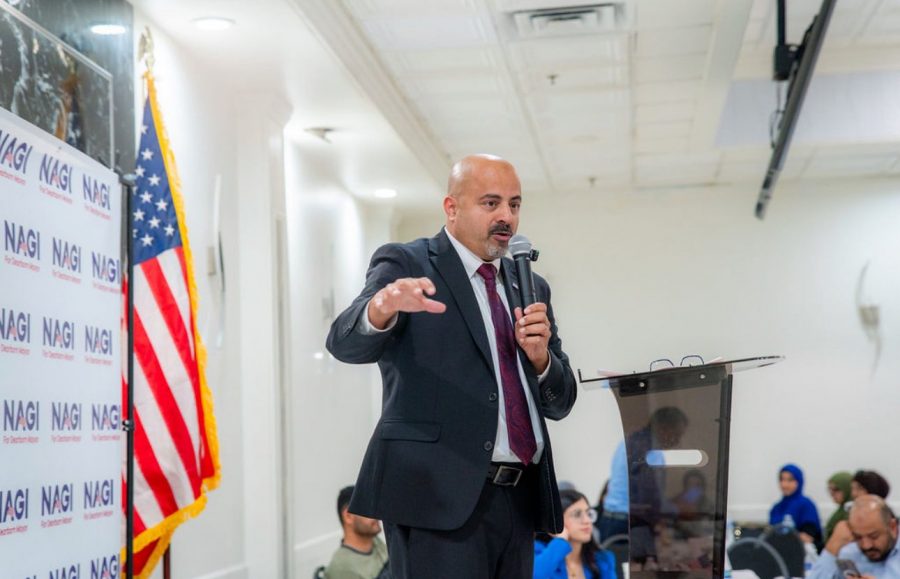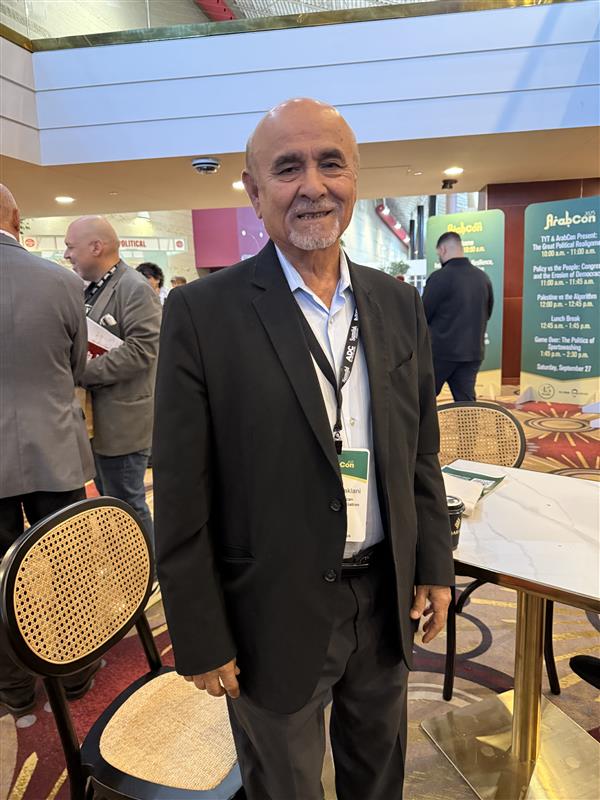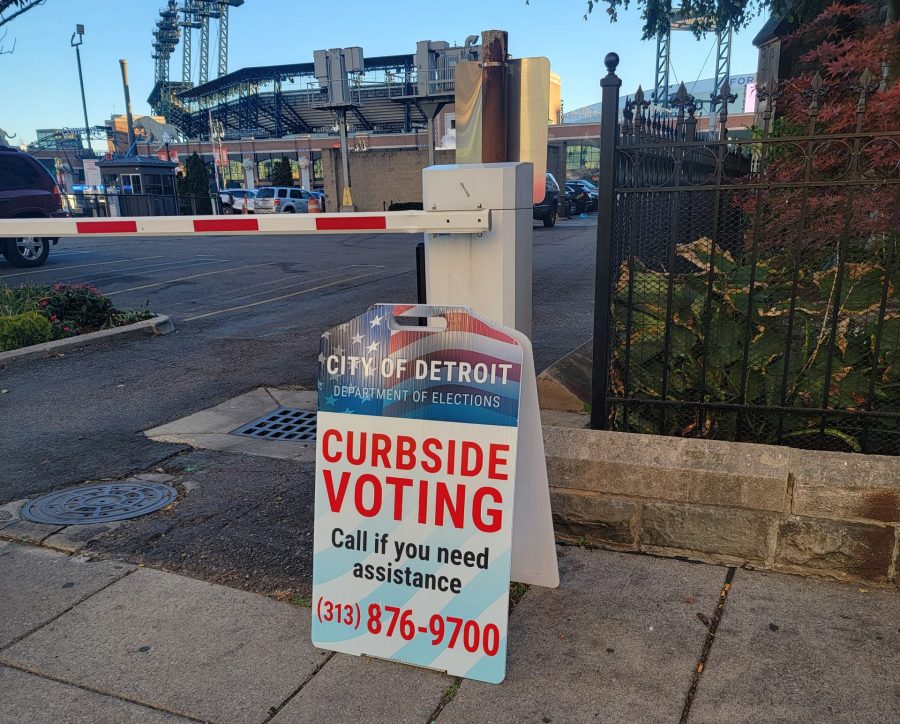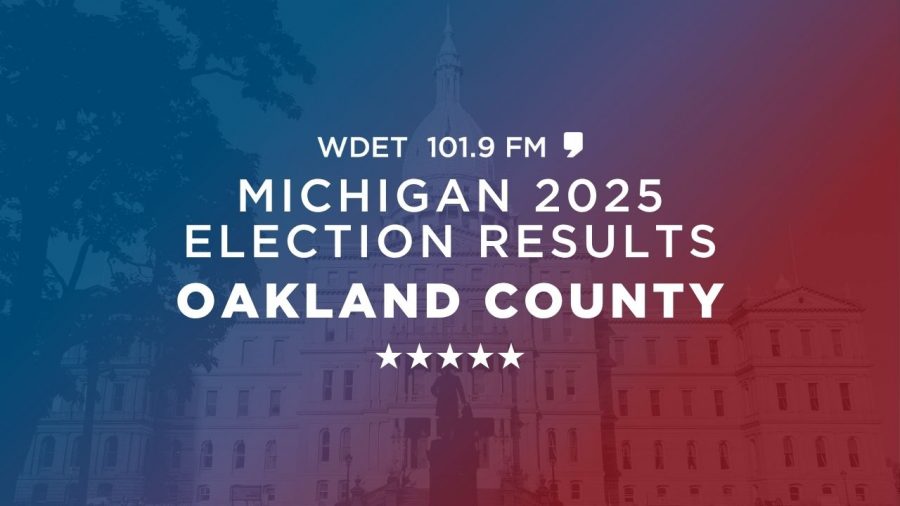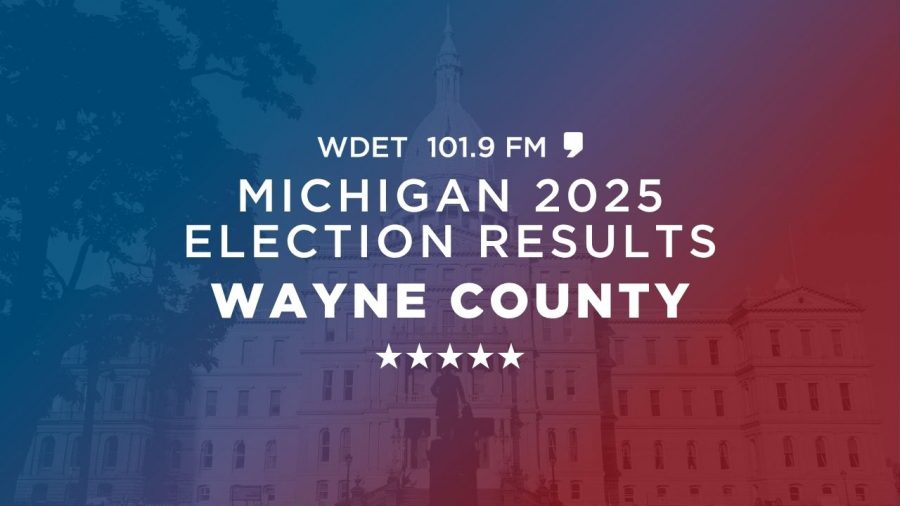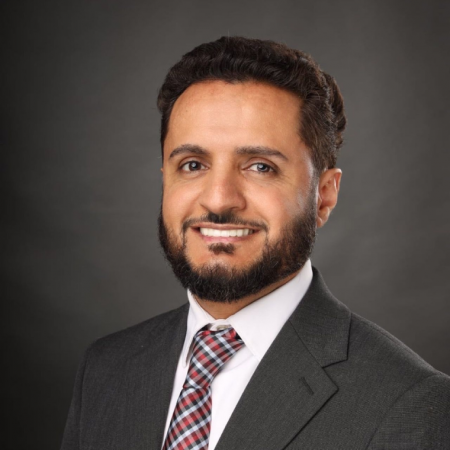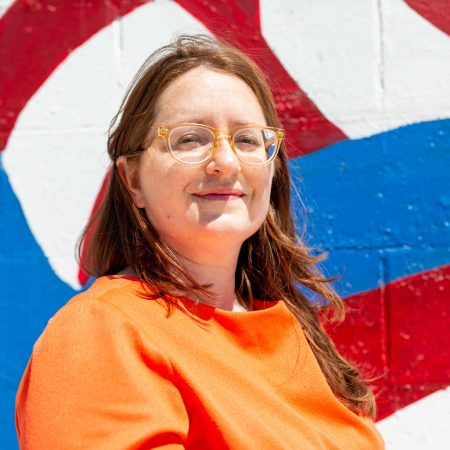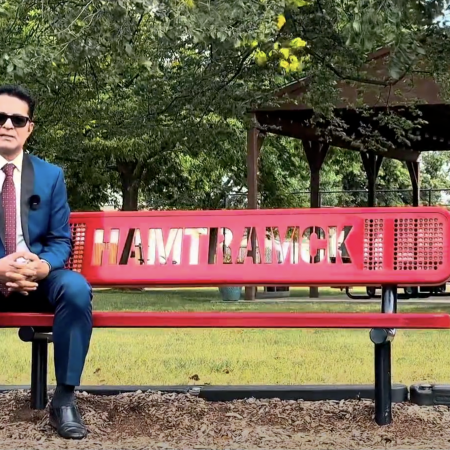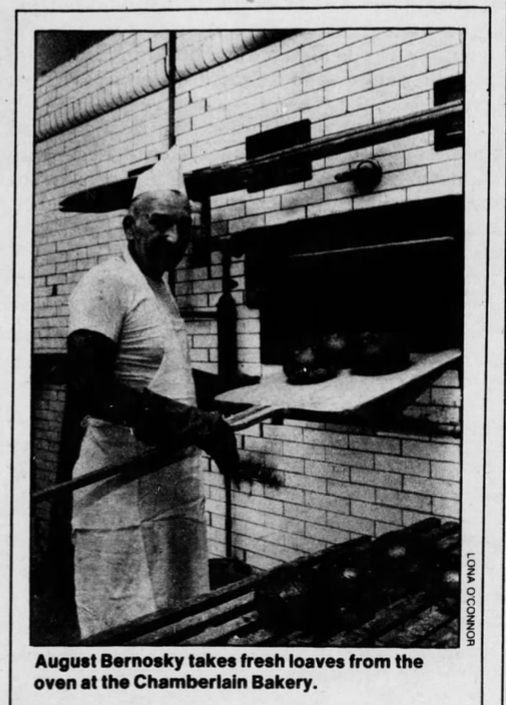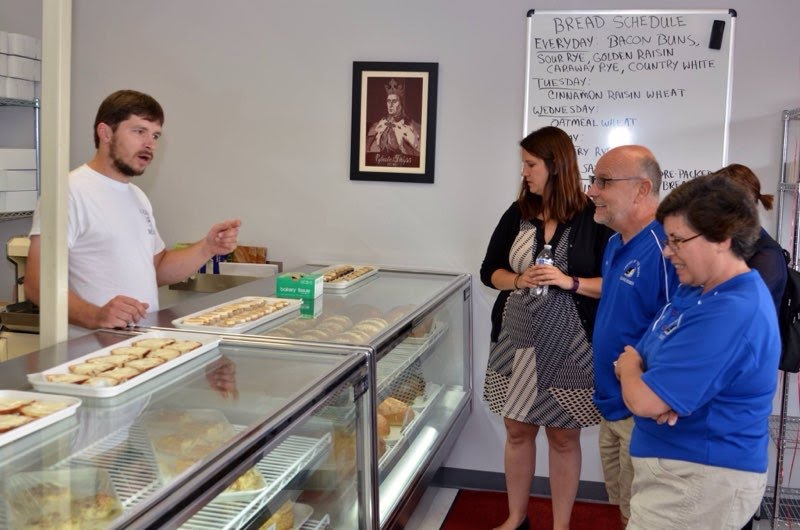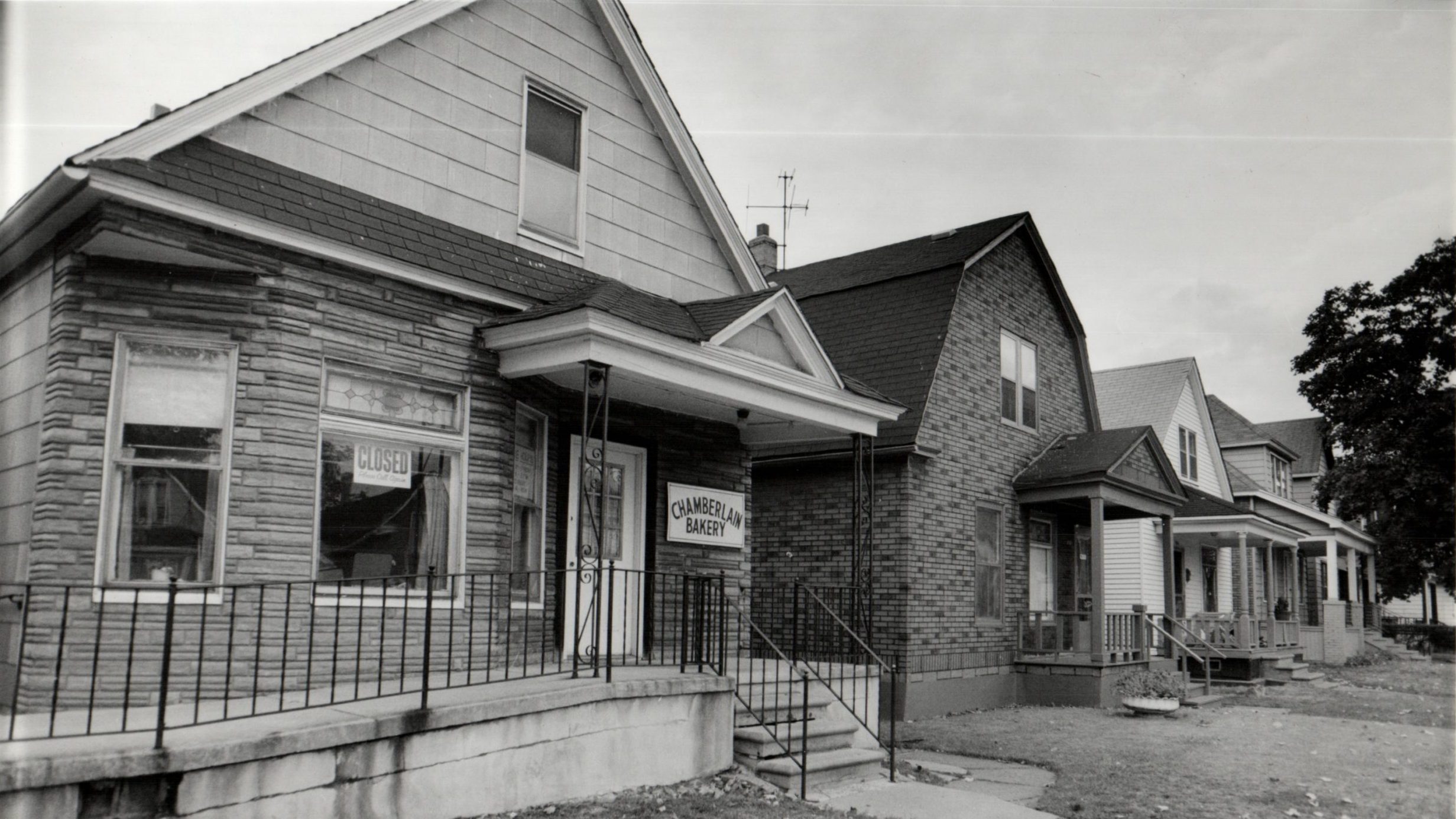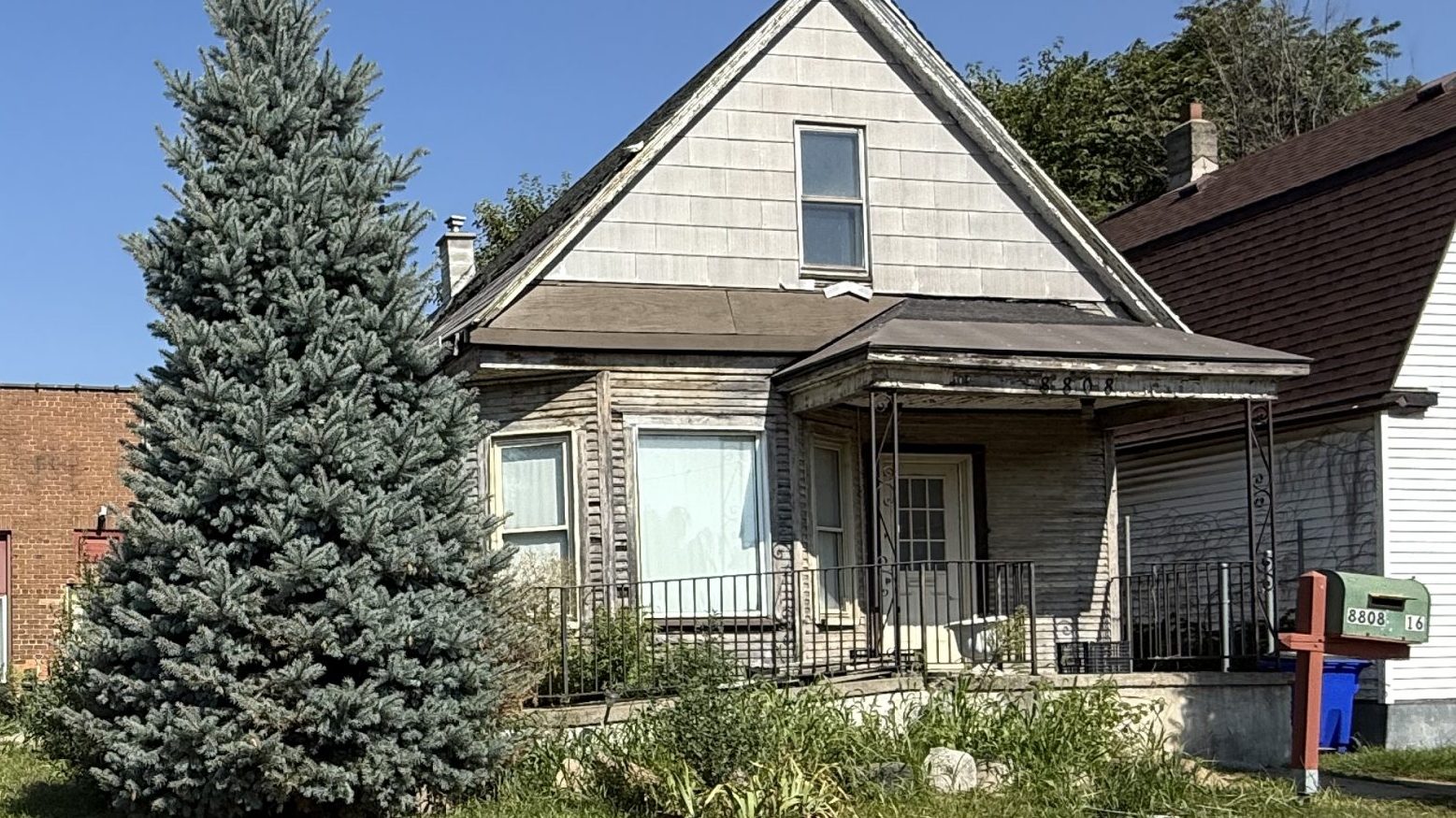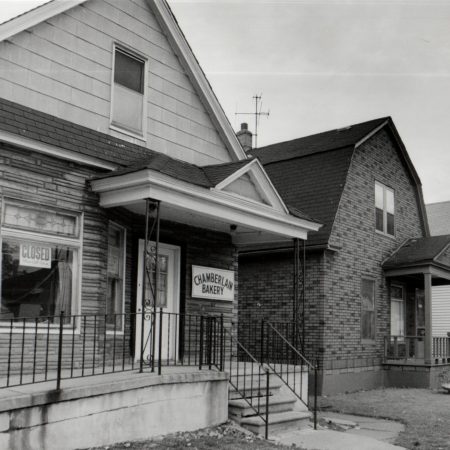National poll finds older adults do not seek accommodations for disabilities as often as others
The National Poll on Healthy Aging found many older adults have disabilities. However, they do not identify with being disabled, nor do they request accommodations, in part due to stigma.
The poll found 19% of adults 50 years old and older have a disability but, they are less likely to ask for accommodations.
Dr. Michelle Mead is a professor in the Department of Physical Medicine and Rehabilitation and Family Medicine at the University of Michigan.
She says many older adults look at disabilities as a natural part of aging rather than a disability, and don’t want to be stigmatized.
“Even though the groups who are 65 and older are more likely to actually have a disability, they were less likely to identify as having one,” she says.
The survey is part of the National Opinion Research Center, conducted at the University of Chicago for the Institute for Healthcare Policy and Innovation at the University of Michigan.
Mead says despite older adults not seeking accommodations, half of older adults may legally qualify for accommodations, especially for those who are 65 and up.
“This is what the Americans with Disabilities Act, the Rehabilitation Act, Section 504, and this other legislation was about doing. It’s about including, providing opportunities, ensuring that a functional limitation, a diagnosis or impairment doesn’t stop people. But the stigma is that it still does,” she explains.
Mead says older adults face stigma and barriers to living healthy lives.
“The stigma is one built into our society. We have ageism that says it’s bad to get older. That does not value the various skills and strengths that you learn and the different ways of doing things that are required through experience,” she explains.
Clinician support
The survey hopes to educate clinicians on how to serve older adults better.
“Many of the individuals with disabilities, I know, are fantastic problem solvers. They have to be. But unfortunately, the world still isn’t set up to work with, to consider, to involve people with disabilities. So, until that happens, we need to develop workarounds,” she shares.
The University of Michigan Center for Disability Health and Wellness, where Mead is the founding director, created several tip sheets for clinicians to gather relevant information to serve older adults with disabilities.
“I think what I’m hoping to do with this research is to increase awareness about the importance of asking the right questions, developing processes to allow the best care to occur, and making sure that we connect the dots to both reduce healthcare costs and improve lives,” she says.
The poll surveyed over 3,800 adults 50 and up by phone and online.
Trusted, accurate, up-to-date.
WDET strives to make our journalism accessible to everyone. As a public media institution, we maintain our journalistic integrity through independent support from readers like you. If you value WDET as your source of news, music and conversation, please make a gift today.Donate today »
The post National poll finds older adults do not seek accommodations for disabilities as often as others appeared first on WDET 101.9 FM.








